Fascinating Secrets of 10 Forbidden Places You'll Never Be Allowed Visit
Fascinating Secrets of 10 Forbidden Places You'll Never Be Allowed Visit
There’s a place in Beijing called the
Forbidden City, but you have a much greater chance of touring it than
you do gaining access to any of these truly
off-limits
places.
Around the world are pockets shrouded in complete seclusion for one reason or another. Some are restricted for your own
safety. Others are for the
residents’ safety. Then there are restricted access areas where only individuals with top
security clearance can enter.
The one thing they all have in common?
You’re most likely never going to step foot into the area, no matter
how much you want to. Read on to see the most off-limits
locations in the world.
1. Snake Island, Brazil
It’s overrun with deadly snakes.
Imagine a place so overrun with the
world’s deadliest snakes that you can barely put your foot down without
stepping on one. It probably sounds like a
horror movie,
right? But this place exists.
https://www.youtube.com/watch?v=y_U3mmPZLJM
https://www.youtube.com/watch?v=y_U3mmPZLJM
|
www.youtube.com
Birds seeking shelter from the rain
encounter even a bigger problem when they land on snake island!
Subscribe: http://bit.ly/NatGeoWILDSubscribe About National ...
|
||
Brazil’s Ilha da Queimada Grande, also
called Snake Island, has an extremely high population of golden
lancehead vipers. This snake’s poison is so potent that it melts human
flesh around the bite area and kills victims in under
an hour. A few people lived on the island to run the lighthouse up
until the 1920s when the last keeper and his entire family were killed
by a
group of snakes
who slithered into their home through the windows.
Rumor has it that there’s one snake per
square meter on parts of the
island, which is why the Brazilian government never allows tourists to
visit. Research teams are granted access only if they bring a doctor
along.
2. North Sentinel Island, India
https://www.youtube.com/watch?v=0Kf9ZF1NLXQ
www.youtube.com
Read More: http://www.GistOnThis.com It's
hard to believe that there are people in this world who have no idea
about the internet or cell phones. These are tribes ...
|
www.youtube.com
Read More: http://www.GistOnThis.com It's
hard to believe that there are people in this world who have no idea
about the internet or cell phones. These are tribes ...
|
||
In the Bay of Bengal sit the Andaman and Nicobar Islands. The Sentinele
It’s completely isolated.
Remaining completely isolated from
modern society isn’t easy, but that’s exactly what the Sentinelese tribe
on North Sentinel Island has managed to do for 60,000 years. The Indian
government allows them to remain isolated from
society, and it’s illegal to come within 5 kilometers of the island.
Since the indigenous people haven’t
built up immunity to common disease, they fear outsiders with a
vengeance. When two fishermen accidentally
drifted
too close to the island,
members of the tribe immediately killed them. Helicopters that fly too
close are shot with arrows. That’s why they’re considered one of the
most dangerous tribes in existence.
3. U.N. Buffer Zone, Cyprus

This no man’s land was established by the United Nations following a bitter civil war.
In 1974, the Cyprus National Guard
staged a coup that led to the war between the Greek and Turkish
residents. Now the island is split between Turks in the North and ethnic
Greeks in the south with a huge
buffer zone
in the middle.
This area still has crumbling businesses, houses, and even an airport
that were abandoned after the war and remain that way to this day.
Next: Fort Knox, Kentucky
4. Fort Knox, Kentucky
It’s one of the best protected places in the world.
There’s a good reason why “as secure as Fort Knox” is a common expression.
The vault at Fort Knox contains most
of the country’s gold reserve and it’s one of the best-protected places
on Earth. Rumor has it that the grounds are
surrounded by landmines, and the building itself is made of concrete-lined
granite that’s reinforced with heavy steel.
There’s not one person who can get
into the vault, but rather several employees know small pieces of the
combination, and no one can access the gold. Only one president in
history (Franklin D. Roosevelt) has been inside the
vault.
5. Tomb of the Qin Shi Huang, China
The relics are priceless.
There are two reasons
that the Chinese government won’t allow archaeologists to excavate Qin
Shi Huang’s tomb: first, they have a deep respect for their country’s
first emperor. Second, they fear that even modern tools could damage the
priceless relics.
Farmers discovered the tomb and since
then, 2,000 clay soldiers have been unearthed. Even though an estimated
8,000 more remain, a halt was put on digging them out. Before it was
discovered in 1974, the tomb was untouched since
210 B.C.E.
6. Chernobyl, Ukraine
There’s still radiation leakage.
One of the worst nuclear accidents in
history occurred on April 26, 1986, near Chernobyl, Ukraine. The initial
explosion only killed 28 people, but the resulting
radiation leakage
is
still causing illness and cancer even today. It’s impossible to
accurately calculate how many people were poisoned, but experts estimate
that anywhere from 9,000 to 1 million people will perish from radiation
exposure due to the blast.
Even now, decades worth of cleanup
efforts haven’t left the area safe for people. The power plant director
says the land most likely
won’t be inhabitable again for 20,000 years.
7. Area 51, Nevada

It’s home to secret experiments.
Conspiracy theorists believe that the
U.S. government conducts alien experiments at the Nevada military base
known as Area 51. While it’s never been publicly revealed what sort of
research takes place here, it’s clear that
officials are intent on keeping it secret. Some sources claim that not
only do security cameras keep an eye on the perimeter, but there are
embedded sensors in the approaching road.
Supposedly no scorpion sneaks past undetected.
Unless you’re granted top security
clearance, it’s unlikely you’ll ever know what goes on at this heavily guarded spot in the middle of the desert.
8. Vatican Secret Archives
/https://www.thestar.com/content/dam/thestar/news/world/2010/01/03/vatican_unlocks_its_secret_archives/vatican_unlocks_its_secretarchives.jpeg)
The archives date back to ancient times.
Not many individuals are granted access to the closely guarded vault in Vatican City. The facility contains
53 miles of documents
belonging to the Catholic
Church that date back to ancient times. There’s a letter in there from
Mary Queen of Scots pleading with Pope Sixtus V to save her from being
beheaded along with documents detailing Martin Luther’s excommunication.
Researchers may be granted access for
up to three months at a time, and no more than 60 people are permitted
in the archives at one time.
9. Svalbard Seed Vault
This vault could be vital to the survival of humanity.
You probably never thought too much
about seeds, but if a natural disaster hit and destroyed most of the
planet, this vault could become paramount to the survival
of humanity.
Buried more than 320 feet in a
mountain situated between Norway and the North Pole, the Svalbard Seed
Vault contains 890,000 preserved seed samples from just about every
country in the world. The vault is only opened a few
times a year and very few people are granted access to the precious
items inside.
Alarmingly, in May 2017, melted permafrost managed to
seep into the vault,
though thankfully none of the seeds were damaged. The potential tragedy was attributed to climate change.
10. Lascaux cave, France
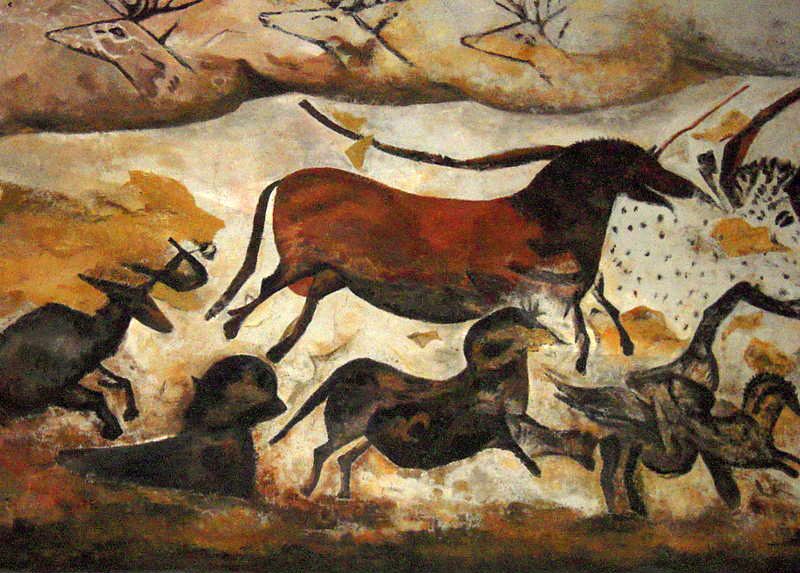
You can visit a replica cave.
If you were exploring the world prior
to 1963, then you could have gained entry to this amazing cave of
prehistoric paintings. They were discovered in 1940 and quickly became a
popular
tourist site, however the caves were closed to the public after it
was found that carbon monoxide from all the crowds was deteriorating the paintings.
Now you can visit a replica cave, but the real thing is only accessible to authorized researchers.
Illustrated by Tejinder Kamboj
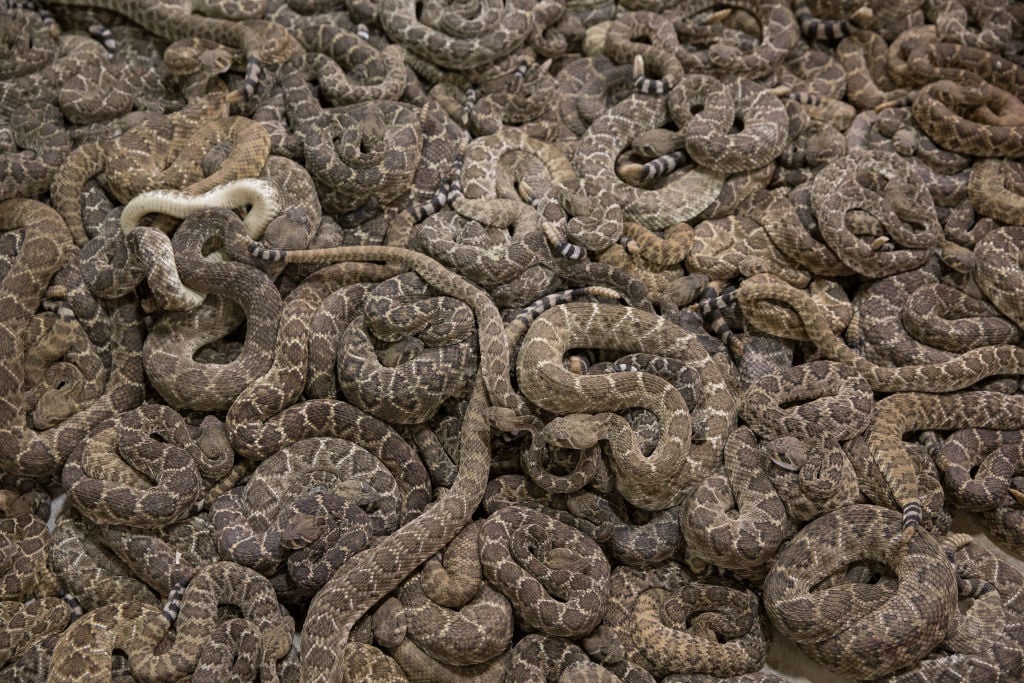

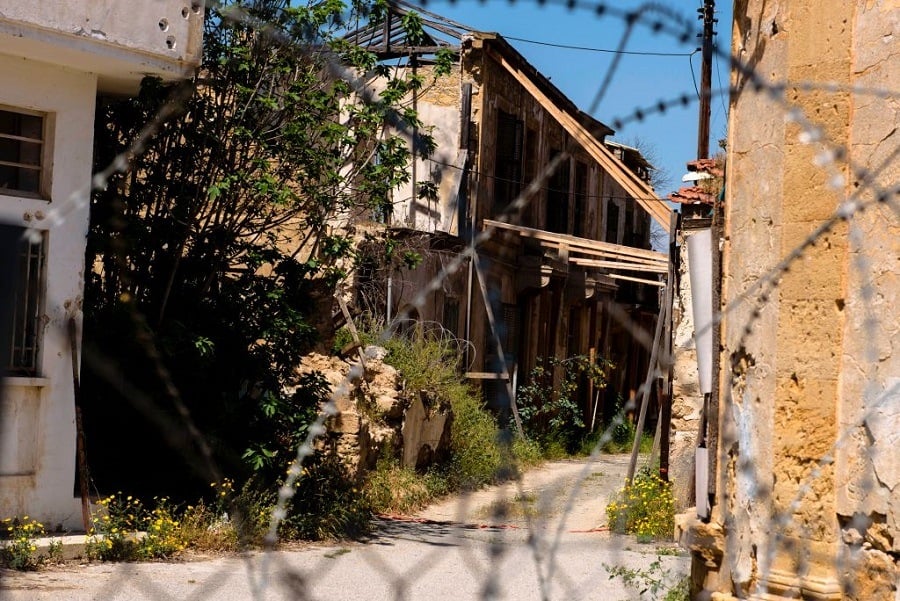
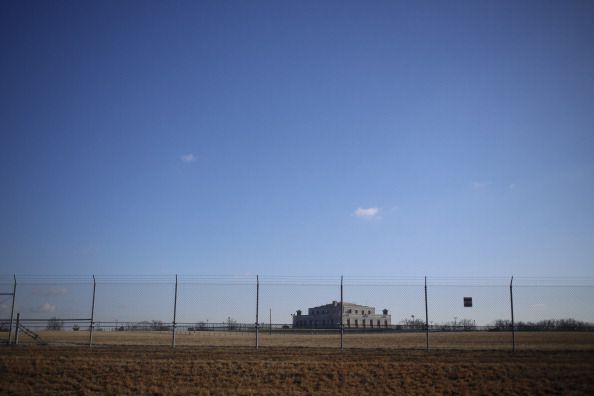
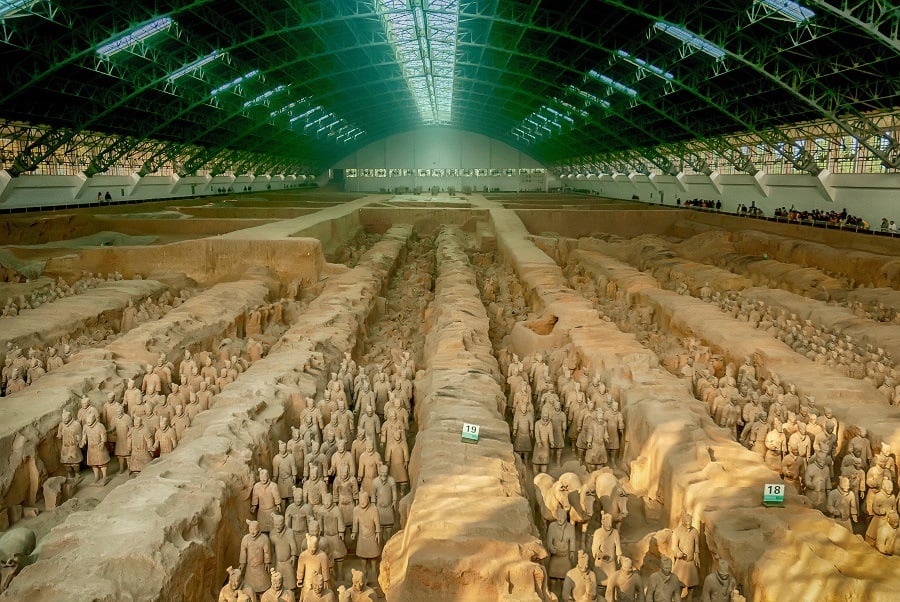
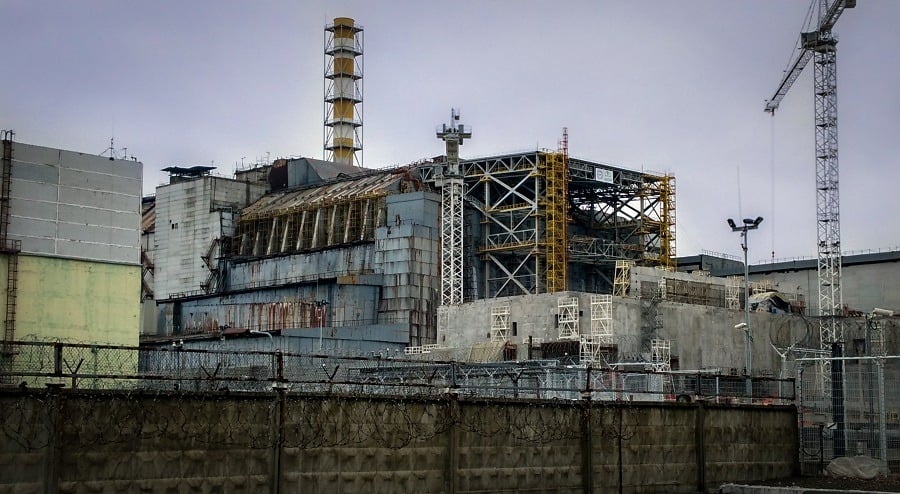
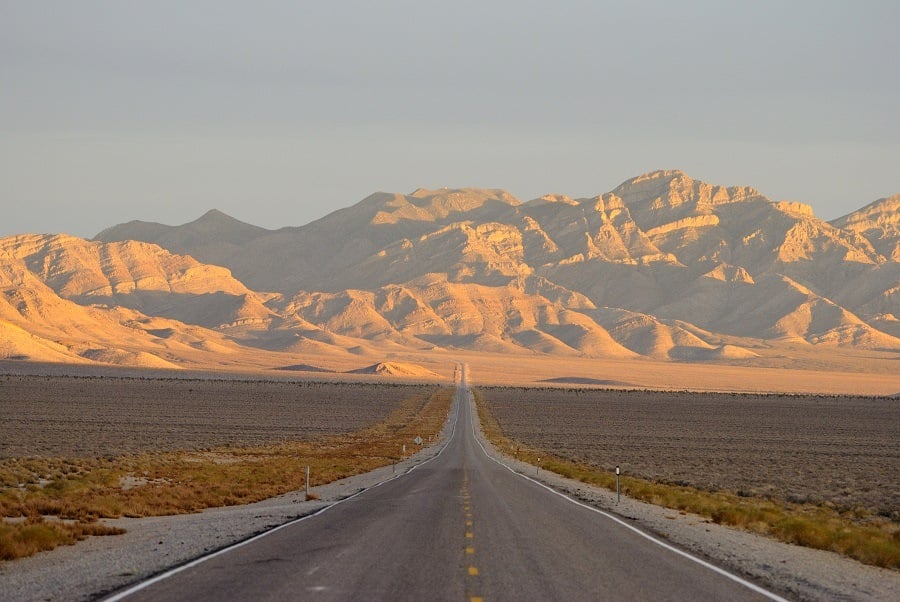
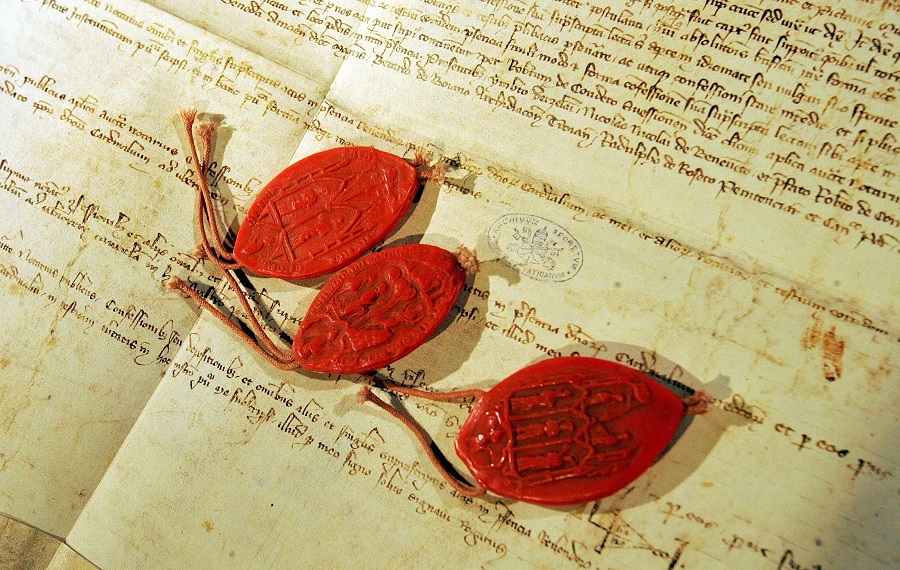
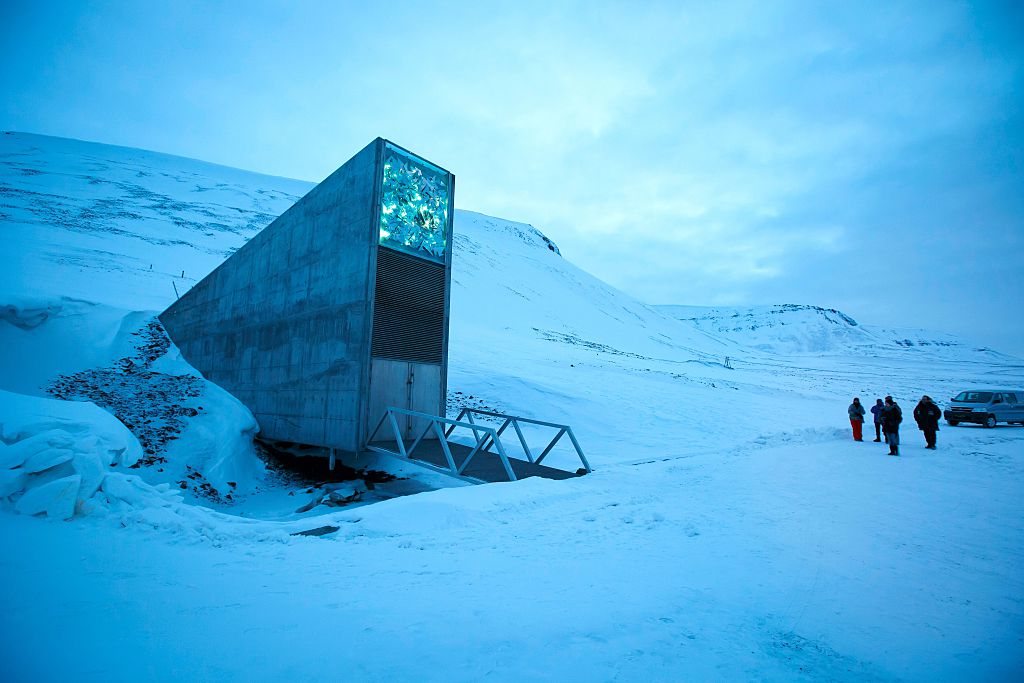
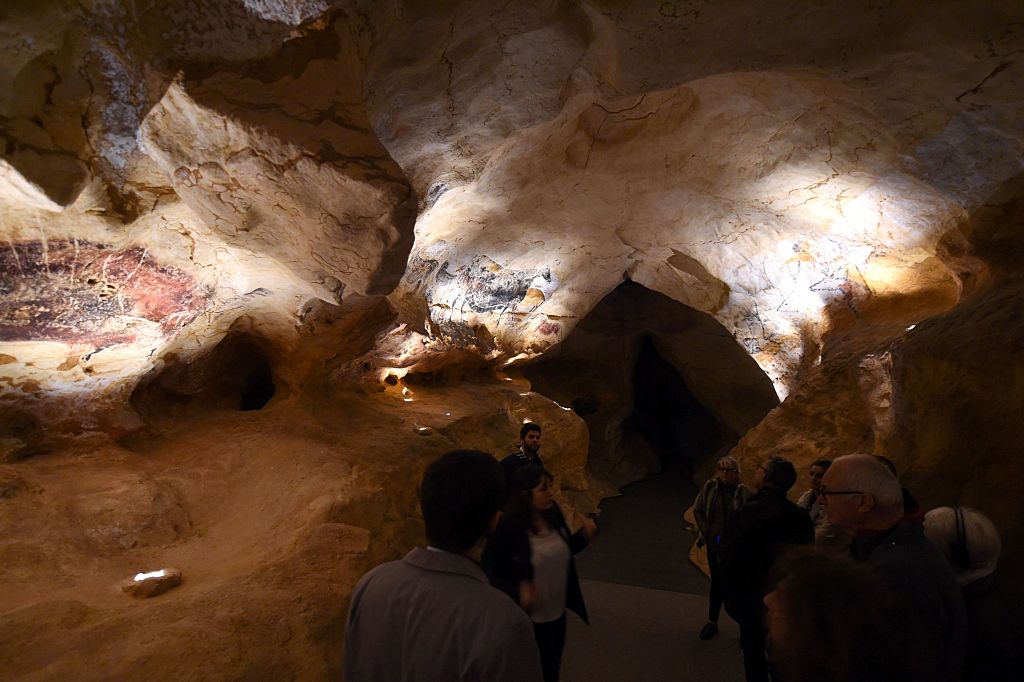
Comments
Post a Comment